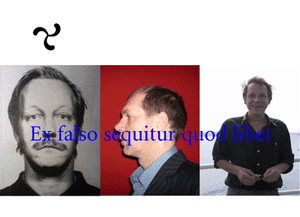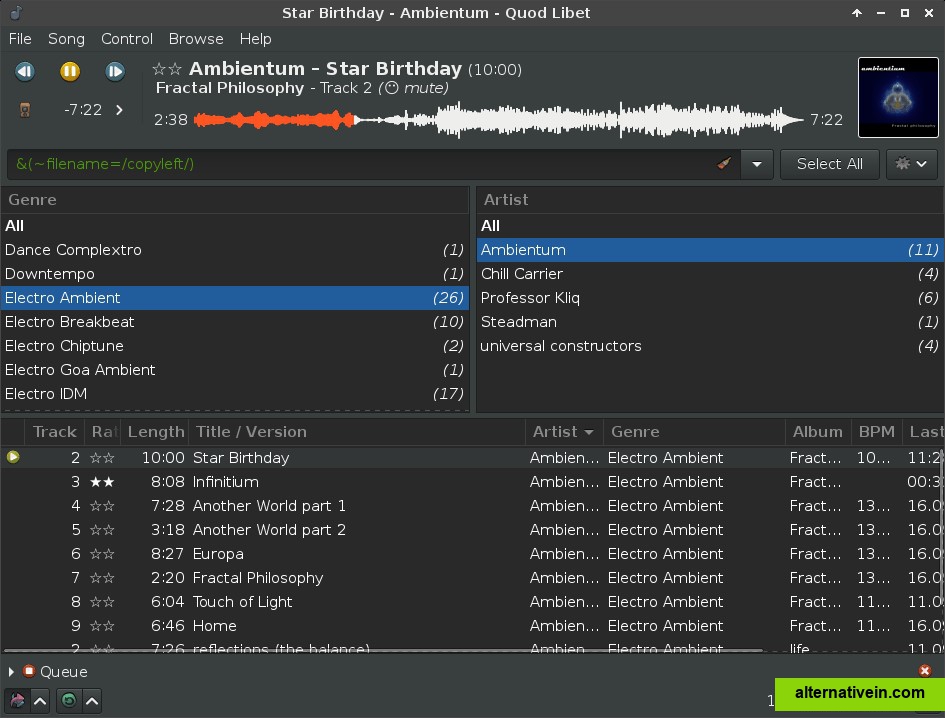
Where the interpretations of the 1920s and 1930s attribute to Aristotle a system of PROPOSITIONS organized deductively, the interpretations of the 1970s attribute to Aristotle a system of DEDUCTIONS, or extended deductive discourses, organized epistemically. They concluded that Aristotle had analyzed the process of deduction and that his achievement included a semantically complete system of natural deductions including both direct and indirect deductions.

Partly in opposition to the axiomatic, ontically-oriented approach to Aristotle's logic and partly as a result of attempting to increase the degree of fit between interpretation and text, logicians in the 1970s working independently came to remarkably similar conclusions to the effect that Aristotle indeed had produced the first system of formal deductions. Ironically, the FORMAL axiomatic method (in which one explicitly presents not merely the substantive axioms but also the deductive processes used to derive theorems from the axioms) is incipient in Aristotle's presentation. They did not notice Aristotle's description of deductive reasoning. They thought they saw Aristotle applying the INFORMAL axiomatic method to formal ontology, not as making the first steps into formal epistemology.

When modern logicians in the 1920s and 1930s first turned their attention to the problem of understanding Aristotle's contribution to logic in modern terms, they were guided both by the Frege-Russell conception of logic as FORMAL ONTOLOGY and at the same time by a desire to protect Aristotle from possible charges of psychologism. Despite the overwhelming tendency to interpret the syllogistic as FORMAL EPISTEMOLOGY, it was not until the early 1970s that it occurred to anyone to think that Aristotle may have developed a theory of deductive reasoning with a well worked-out system of deductions comparable in rigor and precision with systems such as propositional logic or equational logic familiar from mathematical logic. These interpreters understood Aristotle to be focusing on two epistemic processes: first, the process of establishing knowledge that a conclusion follows necessarily from a set of premises (that is, on the epistemic process of extracting information implicit in explicitly given information) and, second, the process of establishing knowledge that a conclusion does not follow. People studied PRIOR ANALYTICS in order to learn more about deductive reasoning and to improve their own reasoning skills. PA took for granted the theses (1) that not ever valid argument is obviously valid and (2) that not ever invalid argument is obviously invalid. More explicitly, PA was taken to be about “methods of logic” in Quine’s sense: methods for determining of a consequence of given premises that it indeed is a consequence of them and-which are quite different- methods for determining of a proposition not consequence of given premises that it indeed is not a consequence of them. Since the time of Aristotle's students, interpreters have considered PRIOR ANALYTICS, hereafter PA, to be a treatise about deductive reasoning, more generally, about methods of determining the validity and invalidity of premise-conclusion arguments. The Founding of Logic: Modern Interpretations of Aristotle's Logic. The same could be applied to any assertion, including the statement "Santa Claus does not exist".Corcoran, John. It has thus been "proven" that Santa Claus exists.

However, if "Not all lemons are yellow" (and this is also defined to be true), Santa Claus must exist - otherwise statement 2 would be false.Therefore the statement that (“All lemons are yellow" OR "Santa Claus exists”) must also be true, since the first part is true.



 0 kommentar(er)
0 kommentar(er)
